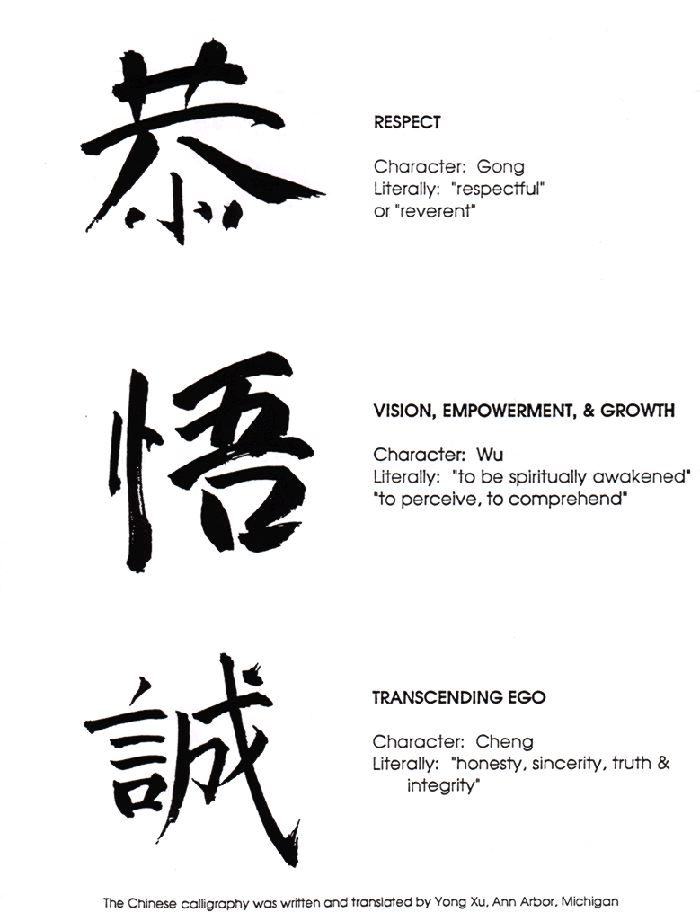

I. Defining Scope of Program...... 3
II. Learning Laws and Terminology...... 4
III. Conflicts and Disputes in Guardianship Cases...... 12
IV. Communicating with the Court...... 17
V. Establishing the Referral Process...... 22
VI. Protection of Respondent/ Balance of Power Mechanisms Before Mediation...... 39
VII. Confidentiality Issues...... 46
VIII. Development of Forms and Brochures...... 51
IX. Selection and Training of Staff and Mediators...... 52
X. Communicating with Other Groups...... 54
XI.Budget...... 58
XII. Program Evaluation...... 63
Appendices, Module One
- Appendix 1--Glossary
- Appendix 2--Sample Transaction List
- Appendix 3--Forms
- Appendix 4--State Statute Guide
- Appendix 5--Sample Mediation Center Abuse Peporting Policy
- Appendix 6--Case Examples from Pilot Projects
- Appendix 7--Questionnaire to Community Resources
Module Two: Guide for Trainers
I. Organizing the Training...... 3
II. Use of Role Plays...... 7
III. Conducting the Mediators Training...... 9
IV. Training Non-Mediator Staff...... 21
V. Training Visitors, Respondents' Representatives and Attorneys...... 23
Appendices, Module Two
- Appendix 1--Adapting Module Three for Local Use
- Appendix 2--Training Agendas
- Appendix 3--Exercises
- Appendix 4--Role Play Scenarios
- Appendix 5--Discussion Example
- Appendix 6--Trainee Session Evaluation Form
- Appendix 7--Observer or Trainer Training Evaluation Form
- Appendix 8--Sample Outlines for Presentations
Module Three: Training Manual for Mediators
I. Triggering factors--What Issues Are Families of Older Persons or Persons With Disabilities Facing? Why Do Cases Come to Court?...... 3
II. Alternatives to Guardianship...... 11
III. Guardianship Law and Practice...... 25
IV. Working with Older Persons and Persons with Disabilities...... 43
V. Preparing for Mediation...... 48
VI. Conducting Mediation...... 62
VII. Concluding Mediation...... 83
VIII. Confidentiality...... 88
Appendices, Module Three
- Appendix 1--Background Information
- Appendix 2--Sample (Generic) Durable Power of Attorney Forms
- Appendix 3--State Statutory Information
- Appendix 4--Local Mediation Center Forms
- Appendix 5--Center Policies
Module Four: Bibliography, References and Resources
I. Books and Articles...... 1
II. Professional Standards of Mediator Conduct...... 15
III. Statutes and Cases...... 16
IV. Organizations and Other Resources...... 17
The Center for Social Gerontology, Inc.
2307 Shelby Avenue Ann Arbor, MI 48103
Tel: (734) 665-1126 Fax: (734) 665-2071
Email: tcsg@tcsg.org